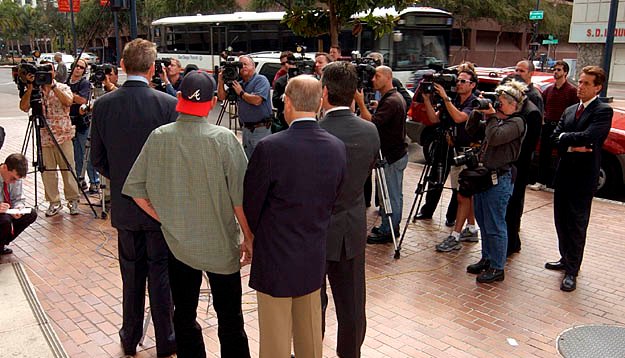
Just about anyone who has been in the public eye has a story of the media interview that went south. “I talked to that reporter for an hour and all they used was a ten-second sound bite!” or, “She said she wanted to ask me about X when that was just a way to get in the door so she could talk about Y.” Chances are, the reporter came armed with questions and if she really did her homework, knew what answers to expect. You should be just as prepared. Media training can’t make the tough questions go away, but it can give you the tools to control the interview. Here are some tips:
- Anticipate the toughest questions and prepare/rehearse your answers in advance. Know going in what YOUR goal is for the interview. Are you releasing new information or reacting to an event or story that’s already out there?
- Be able to cover key points in a conversational manner. Don’t memorize. It will sound like it.
- Collect information from the reporter before the interview:
What is the deadline?
What is the story about? What is the hook/interest angle?
How do we fit into the story? What do you want from us? Quote? Statement? Interview?
Who else have you spoken with? What did they say?
What documents do you have/need? (Does the reporter have a document you haven’t seen? Don’t comment until you have had a chance to look it over. Have them fax or deliver a copy before the interview.)
When will the story run?
- Have a mini-tape recorder handy or use your smart phone. Tell the reporter that you’ll be taping the interview, so you have a copy of what is said. This lets her know you’re not a rookie.
- Beware of the reporter on a “fishing expedition”. Wide-ranging, vague questions can be tricky and potentially dangerous. Reporters are fond of “What if” scenarios or “Could it happen here?” Clarify what she’s going for. “I think what you’re asking is…” It’s O.K. to admit you don’t understand the question or can’t predict the future. If you find the interview veering off-course, bring it back on track. “You said we’d be talking about X and I’ll be happy to answer your questions about that.”
- Don’t say “off the record” or believe something will be “off the record.” There’s no such thing as “off the record.”
- Don’t say “no comment” unless you have something to hide. It’s a sure way to raise a red flag. Instead say, “Due to legal reasons I’m unable to make a comment at this time.”
- Use simple terminology. If the subject is complicated, and the reporter is not up to speed, provide a simple verbal primer on the topic before the interview begins or give the reporter a handout of key information.
- Take control by bridging the question. If you want to steer the interview back to your key message you can use phreases like, “The most important thing to know is…” or “Let’s look at the bigger picture…” or “Something else to remember is…”
- Practice. Attend media training. See yourself on camera so you know what the audience will see.
- Know when to stop talking. Many a damaging sound bite has been uttered when the interviewee’s guard was down, after he/she thought the interview was over.
For more helpful hints or to schedule media training go to www.onthespotmediatraining.com
